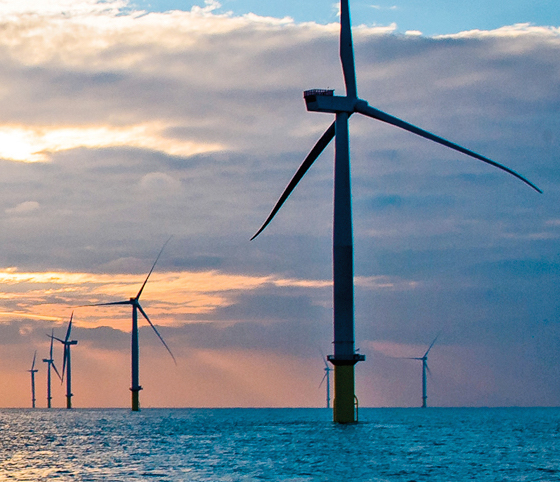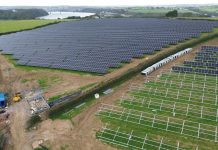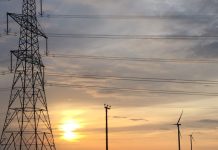The failure of the UK government’s latest round of offshore wind auctions must be a watershed moment for the offshore wind industry around the globe, says trade body the Global Wind Energy Council.
Despite clear warnings from the industry that prices set by the UK government made project investment unfeasible, Whitehall and Westminster’s policymakers failed to act, the GWEC alleges.
The result was that no CfD bids were attracted last week to the technology. Other technologies contributed only 3.7GW in new UK capacity under AR5, against the 11GW achieved last year.
Based in Brussels, the GWEC represents up to 1,500 wind developers & equipment suppliers in 80 countries.
Its warning comes as Germany’s award this week of 1.4GW in new onshore wind capacity disappointed officials and developers. The total fell short of the 1.67GW the nation’s federal networks agency had sought. And even that amount was a halving of Berlin’s earlier hopes.
Germany’s developers had also complained of an inadequate strike price guarantee. Their association claimed in July that 3.2GW of permitted onshore projects were ready to compete for CfDs.
“Wind energy is cheap, but it’s not free, and investors can’t be taken for granted”, said Ben Backwell, the GWEC’s CEO.
“We are seeing these challenges around the world and governments will be watching news of these failures closely”.
As developers worldwide face what the GEWC called an “acute inflationary environment and rising supply chain costs”, the Sunak government’s mistake had called into question the effectiveness of governments & industry working in partnership to accelerate renewable energy.
“The UK is competing with other markets around the world for clean energy investment,” Backwell went on. “Just look at how many other countries around the world are building their offshore wind sectors. The UK needs policies which will attract investment and jobs, not race-to-bottom pricing that makes investment impossible.
The wind industry remained eager to work with Whitehall and with other governments, in deliver the infrastructure that will generate clean jobs, thriving industrial development and climate-resilient growth.
“But it must be a partnership that reflects the shared challenges of costs, supply chains and coherent industrial strategy”, said Backwell.
The GWEC’s latest Global Offshore Wind report reveals that an enormous 380 GW of offshore wind is forecast to be installed in the ten years.
Realising that potential requires cooperation at an unprecedented scale; between governments and industry, and also across regions.
“The failure of this round of auctions in the UK is a regrettable lesson that industrial growth on this scale is a collaborative effort”, the GWEC boss wrote.




